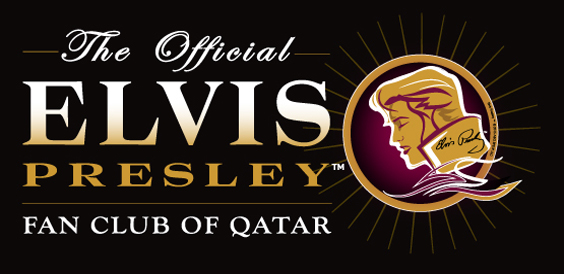Elvis in the 1970’s
- If I Can Dream // The Essential Elvis Presley
- That’s All Right // The Essential Elvis Presley
- Return to Sender // The Essential Elvis Presley
- Mystery Train // The Essential Elvis Presley
- Viva Las Vegas // The Essential Elvis Presley
- Memories // The Essential Elvis Presley
- In the Ghetto // The Essential Elvis Presley
- All Shook Up // The Essential Elvis Presley
- Jailhouse Rock // The Essential Elvis Presley
- The Wonder of You // The Essential Elvis Presley


